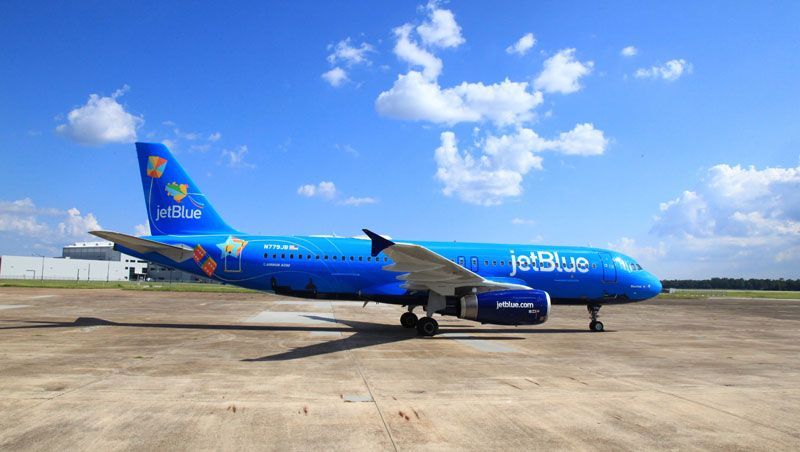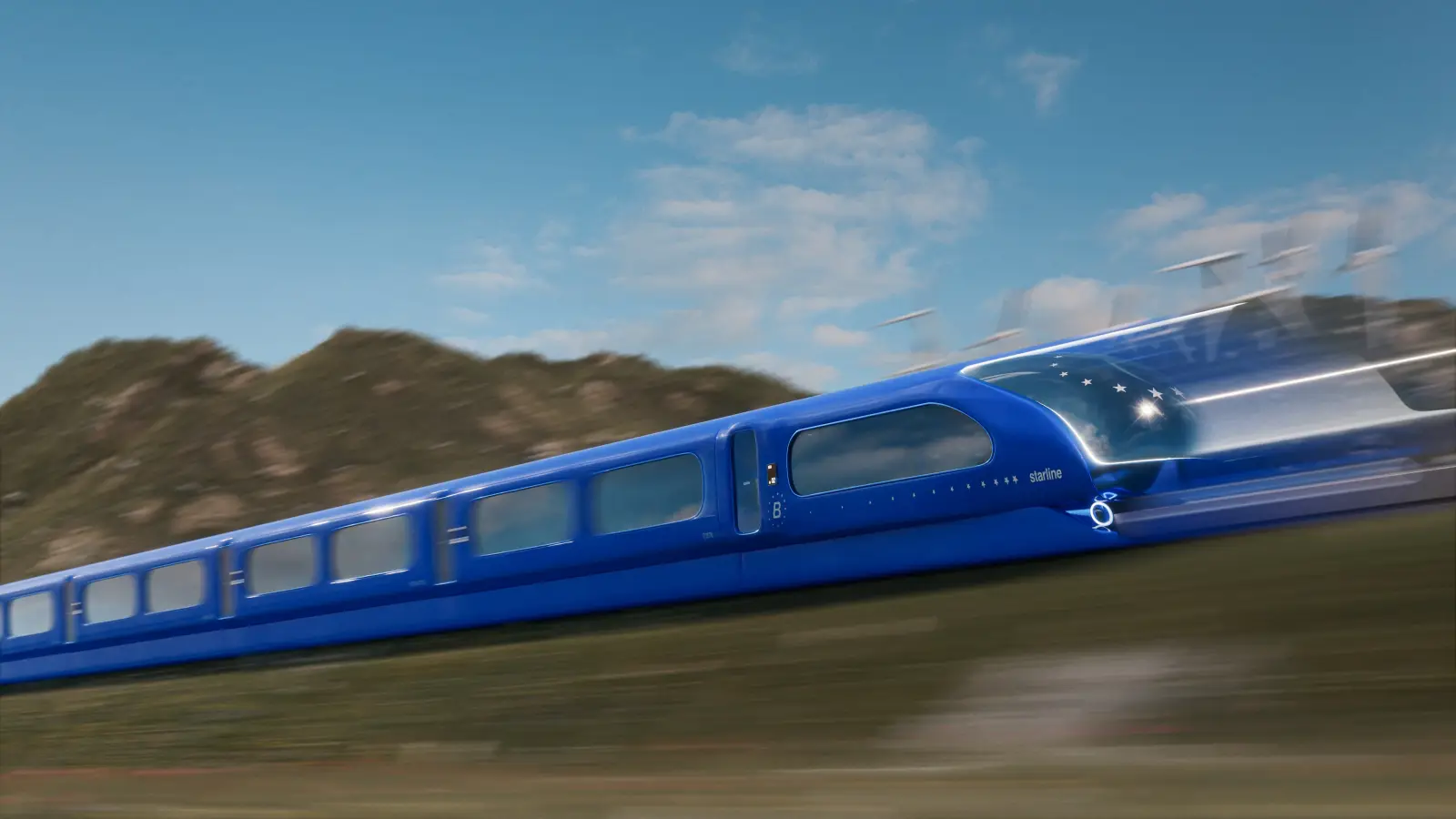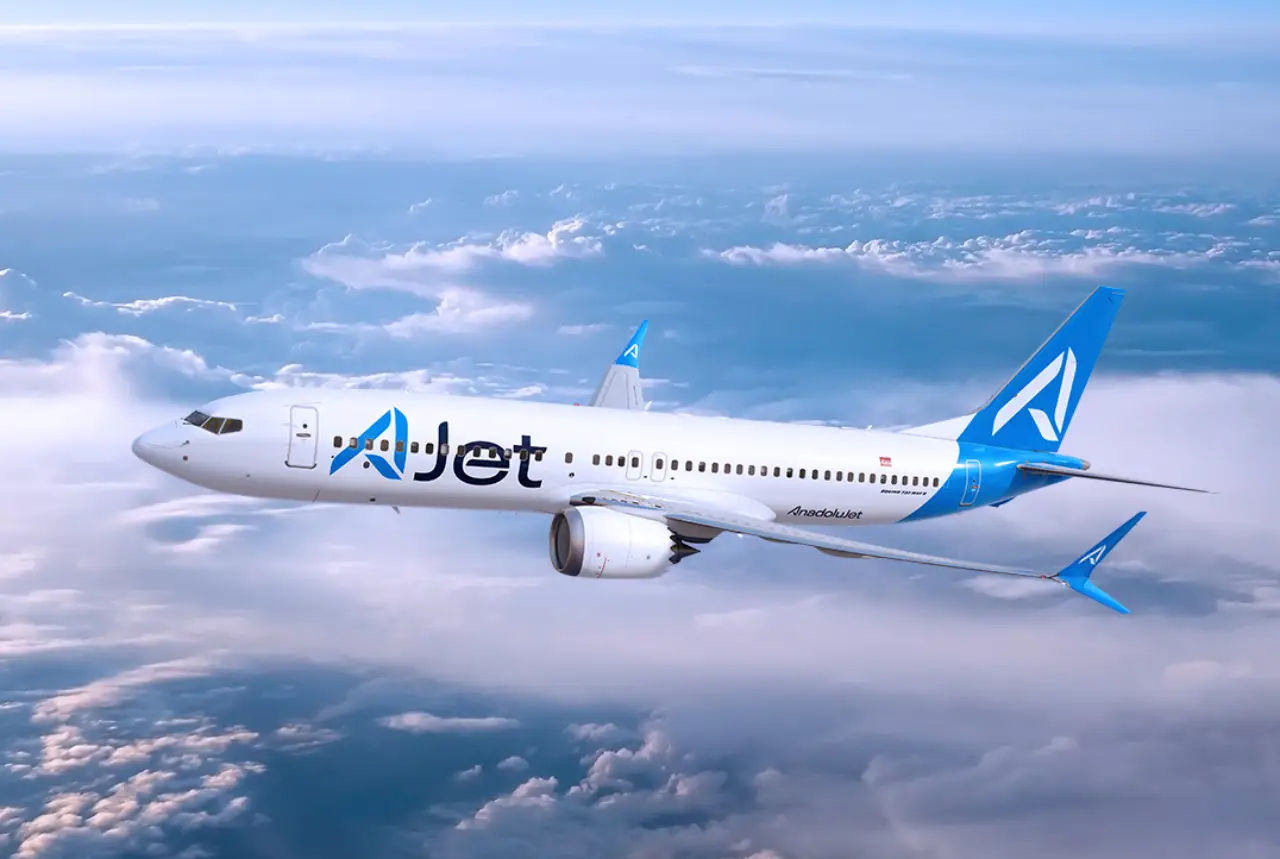The International Air Transport Association (IATA) has launched the Aviation Carbon Exchange (ACE) and JetBlue Airways is the first airline that made the historic transaction in the ACE platform.
ACE is an important new tool to help airlines meet their climate commitments. It is the first centralized, real-time marketplace that is integrated with the IATA Clearing House (ICH) for the settlement of funds on trades in carbon offsets.
IATA’s Clearing House ensures that ACE can offer a seamless and secure settlement system which guarantees payment and delivery of the carbon credits.
“Airlines are serious in their commitment to reduce emissions. And they need a reliable tool to access quality carbon credits in real time. ACE will be a key tool helping airlines efficiently manage these important transactions,” said Alexandre de Juniac, IATA’s Director General and CEO.
Airlines reiterated the industry’s commitment to cut net emissions to half 2005 levels by 2050 in a resolution of the 76th IATA Annual General Meeting (AGM). A key step is the Carbon Offsetting and Reduction Scheme for International Aviation (CORSIA) which will deliver carbon neutral growth for international emissions from 2021. Airlines are also buying carbon credits as part of individual carrier commitments or to offset domestic operations.
First Transaction
 JetBlue completed the historic first trade on the ACE platform today. It purchased credits in the first phase of the Larimar wind farm project in the Dominican Republic which began development in 2015. When the entire project is completed it will reduce average emissions by more than 200,000 tonnes of CO2 per year.
JetBlue completed the historic first trade on the ACE platform today. It purchased credits in the first phase of the Larimar wind farm project in the Dominican Republic which began development in 2015. When the entire project is completed it will reduce average emissions by more than 200,000 tonnes of CO2 per year.
“Our planet is physically changing, as are the expectations of our customers, crew, members and investors,” said Robin Hayes, CEO of JetBlue and Chair of the IATA Board of Governors, noting the importance of addressing the climate change challenge.
“While our industry’s short-term priorities are focussed on COVID-19 recovery, now is the time to rebuild operations in more sustainable ways such as adopting Sustainable Aviation Fuels (SAF) and setting clear strategies to reduce net aviation CO2 emissions. The Aviation Carbon Exchange will help us continue to meet our climate commitments by providing simplified and transparent access to legitimate, third-party certified carbon offsets,” said Hayes.













